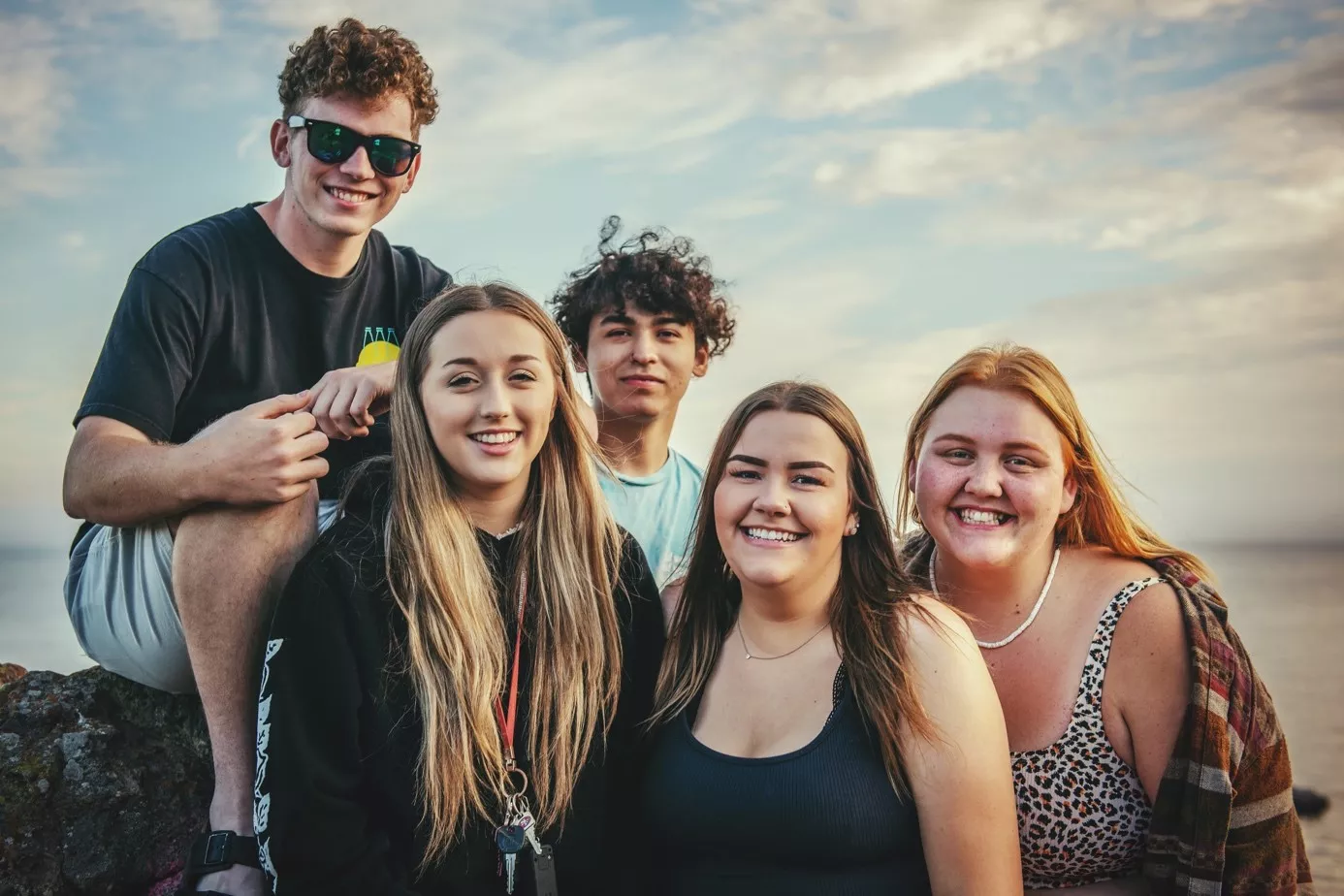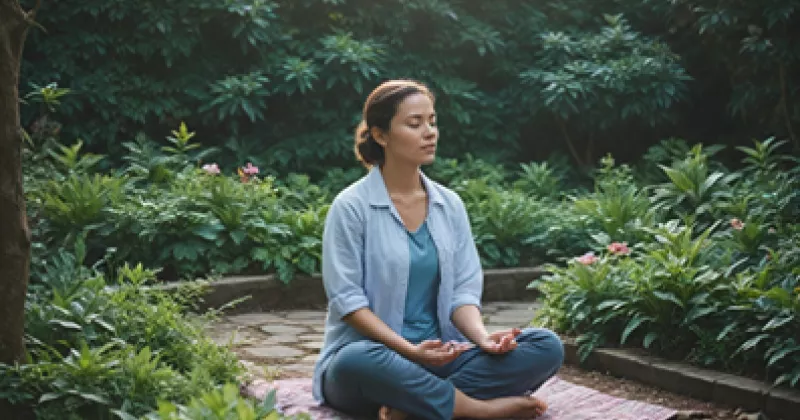Learning "law in everyday life" from an early age to make the citzens of tomorrow
“The Union is founded on the values of (...) democracy, (...) the rule of law and respect for human rights (...). These values are common to the Member States (...).”
This quotation from Article 2 of the Treaty on European Union shows that democracy, rule of law, and human rights are among the fundamental values of the EU.
Only citizens who know and understand basic legal concepts, principles, and terms can promote democracy, support the rule of law, and can protect fundamental rights.
Law in everyday life is an Erasmus + KA2- school project that see basic legal literacy and its promotion in education and other educational settings as a prerequisite for a quality democratic system in the EU and member states.
A lack of studies in basic legal literacy for youngsters
Nowadays, there are so many ways in which law defines and regulates our lives and we should have or at least should be offered basic knowledge about concepts and institutions that influence our lives. But unfortunately, there is a clear lack of studies and research to draft a competence framework for basic legal literacy for students aged 14 and 18.
The project is guided by many simple questions: Can a 14-year-old or 18-year-old pupil, after finishing compulsory education, able to identify their rights as citizens? Are they able to make the difference between rights, duties and obligations? Are they able to understand their work contract? Our assumption is that compulsory education should secure the way young people know this at the end of their education.
To be able to have students with legal competences, teachers need first to develop their legal literacy and get equipped with adequate tools and methods to deliver the content.
Therefore, the primary target group for our project is teachers in primary and secondary schools that will be equipped with knowledge and materials on basic legal concepts. They will also be able to raise awareness and use legal norms in everyday life. Secondary target groups are students, to whom the project will bring basic legal structures and concepts closer to their experiences by combining digital and practical material.
Promoting basic legal literacy in schools: Expected results
To achieve these overall objectives over a period of 36 months, the project’s partners will produce teaching and learning materials both for teachers and students on basic legal concepts and structures:
- National and summary report on key legal principles and concepts that young people should know
Prepared summary report of research from 4 countries on basic legal literacy. The research was conducted through a combination of focus groups with teachers and students and questionnaires with legal practitioners. The summary report is an overview of the results from all 4 partner countries and a prerequisite for creating a competence framework.
- Legal literacy competence framework
The Competence Framework (CF) is the key document that will enable the partnership to develop other project results. The CF will be also used as a communication and advocacy tool towards target groups, local, regional, national or European level authorities and stakeholders to raise awareness on the importance of legal literacy in being an integral part of civic education.
This document can work on all levels from local to European and not only in formal education but in adult education or in youth work. If necessary, parts of the CF can be used as guidance in the development of similar documents for higher education.
- Development of teacher training program:
The CF will be the base for the teacher training program which will aim to raise awareness and equip teachers - both elementary and secondary schools - on how and why to teach aspects of legal literacy. In this activity, we will produce a curriculum for the teacher training program for 12 hours.
- Teaching and learning materials
Based on the CF, a textbook for students and a manual for teachers will be developed that can be used in schools as well in other educational settings with young people.
The textbook will contain explanations defined by the CF with appropriate examples from history or everyday life. The textbook will cover basic legal concepts, principles, structures and terms vividly connected with everyday life.
On the other hand, teachers’ manual shall accompany the Students' Textbook and will contain an explanation of each lesson and recommendations on implementation. Also, the manual shall have an explanation of why each of the concepts presented is important in our everyday life and how and when it can be applied.
Finally, a MOOC will be developed for students to introduce them to key legal concepts and terms. Key domains, chapters and lessons will be developed based on the CF and methods and tools will be ranging from video lessons, podcasts, handouts, and other appropriate materials which will bring legal literacy closer to students.
- School projects
Through this activity, teachers will get the training they lack and that is essential for teaching legal literacy. They will also create school projects that will enable their students to learn about law by teaching others and raising awareness of the importance of legal literacy. MOOC will offer teachers and students space where they can explore legal topics focused on the needs of certain age groups. These activities will empower students to understand the law, EU values, and become active citizens.
A consortium of 5 European partners
The project Law in Everyday Life is composed of a consortium of 5 European partners:
- Forum Za Slobodu Odgoja (The Forum for Freedom in Education), active since 1992, works on harmonizing the educational system in Croatia with the educational standards of modern democratic societies, guided by the principles of choice and equal access to education that enables the self-realisation of a person.
- The University of Rijeka is a fundamental educational and research institution in the western part of Croatia. Founded in 1973, the University of Rijeka has developed into a modern European university and center of excellence. The Faculty of Law in Rijeka plays a key role in the legal foundations of the project. It has a genuine interest in the overall rise of legal and political culture among citizens and is an institution of higher education that contributes to science and education in the field of law and other fields with its innovation and critical approach.
- Founded in 1973, The University of Rijeka is the fundamental educational and research institution in the western part of Croatia.
- Centro per Lo Sviluppo Creativo Danilo Dolci, a non-profit organization located in Palermo (Italy) founded in 1958 from the experience and work of Danilo Dolci, a social activist, sociologist, pacifist, and educator. CSC involves young people and adults and has successfully operated for more than ten years mainly in the educational sector in collaboration with schools, universities, institutions, associations, and social groups both at local and at international level.
- Pistes Solidaires develops its projects and actions according to the 4 pillars of education of UNESCO: learning to know, learning to be, learning to do, learning to live together and with others. The NGO create educational, social, or socio-cultural resources to better answer needs that emerge in a transition society.
- INOVA+ is the leading Portuguese company in the promotion and management of international projects in Innovation, Education, Training, Research and Technological Development. The company’s mission is to provide the knowledge, management capacity, partnerships, technical and financial support to ensure successful innovation projects to its customers.
- Agrupamento de Escolas de Vilela is an educational center which comprehends different levels of learning: preschool education, basic school and secondary school.
Stay tuned for the coming steps of the project via our website: https://thelawproject.eu







Kristīne N.
Pirmkārt, es vēlētos pateikt paldies autoram par informatīvo rakstu. Man ir jāatzīst, ka es līdz šim nekad neesmu dzirdējusi par tiesību mācīšanu skolēniem, tapēc man bija interesanti uzzināt par projektu "Law in everyday life", kas veltīts pamattiesību pratības veicināšanai skolās. Es pilnīgi piekrītu, ka, tiesību pratība ir svarīga tēma, kas var dod iespēju skolēniem kļūt par informētiem un aktīviem pilsoņiem demokrātiskā sabiedrībā. Tomēr, ir jāuzsver arī par nepieciešamību izglītot skolotājus, lai mācītu šo jauno tēmu un ar to saistītos jēdzienus. Skolotāji pašlaik ir ļoti noslogoti, un bieži vien, valdībai trūkst resursu, lai ieguldītu skolotāju profesionālajā pilnveidē. Tomēr, ir daudz iespēju, kas varētu sniegt iespēju skolotājiem iegūt šīs zināšanas un prasmes, lai efektīvi mācītu tiesību pamatus, piemēram, Erasmus skolotāju apmācības programmas, kuros pati esmu piedalījusies un sapratusi, cik tie ir vērtīgi skolotāja izaugsmei. Papildus resursi, kā piemēram, mācību plāni, video un interaktīvas spēles, pieprasītu mazāk laika to apguvei un būtu noderīgi, lai palīdzētu skolotājiem aizraut savus skolēnus tiesību pratībā.
Kopumā es domāju, ka šī ir vērtīga un svarīga iniciatīva, kas var ietekmēt demokrātijas un tiesiskuma nākotni ES. Bet es uzskatu, ka, lai šo iniciatīvu īstenotu, ir jāiegulda papildus resursi skolotāju profesionālajai izaugsmei, jo bez skolotāju pilnveides, nav iespējama efektīva pamattiesību mācīšana skolās.